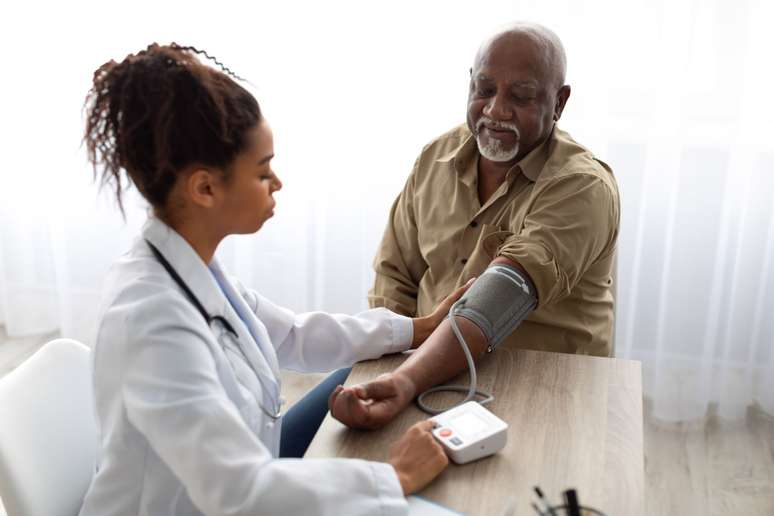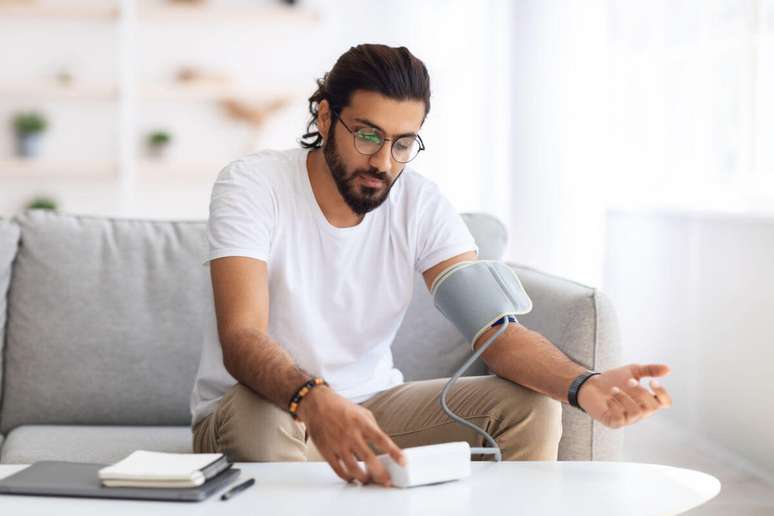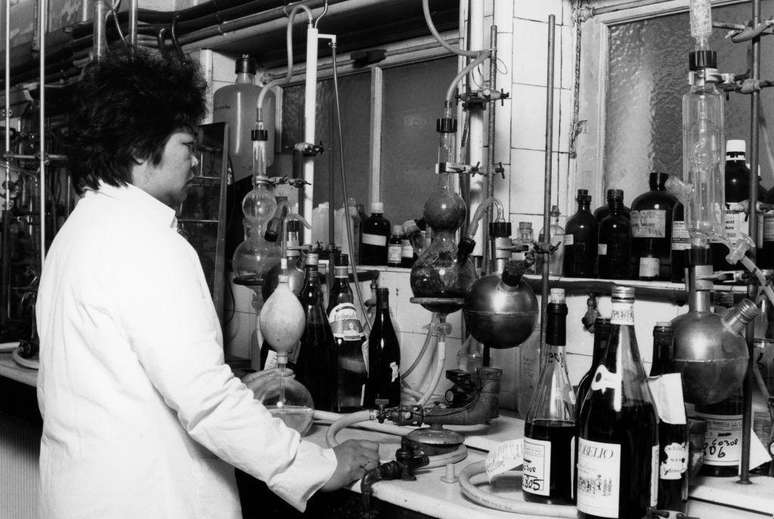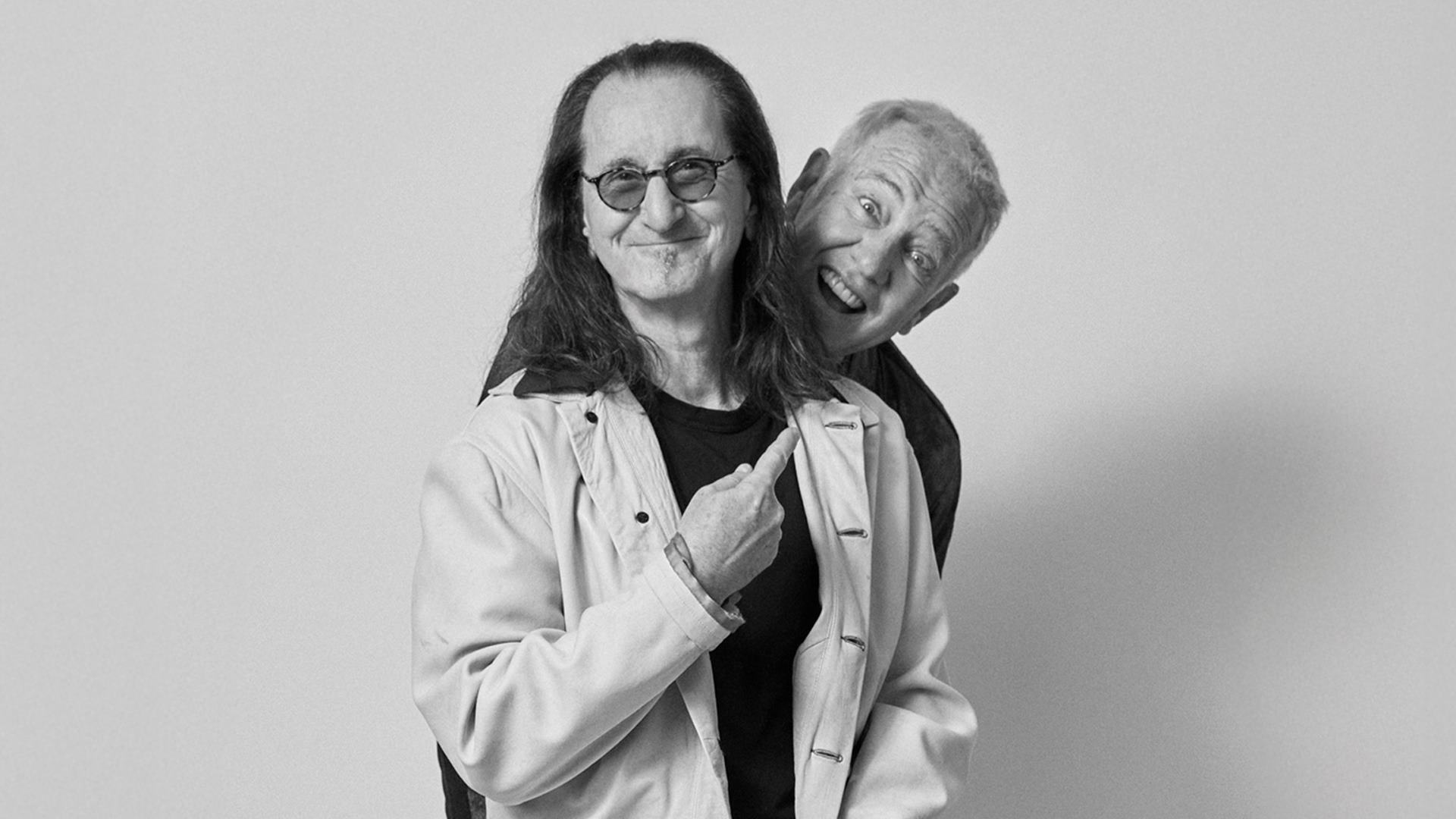Find out how high blood pressure can put your health at risk
Arterial hypertension, or high blood pressure, is a chronic disease that affects 35% of the Brazilian population, according to data from the Ministry of Health. Also according to the file, it is characterized by high blood pressure levels in the arteries.
Because of this, high blood pressure causes the heart to work harder than normal to circulate blood properly through the body. Additionally, it is a major risk factor for cardiovascular disease, such as heart attack and stroke (stroke).
Pay attention to the measurement
According to general practitioner specialist in occupational medicine and health promotion, Renato Igino dos Santos, anyone can present blood pressure above 140x90mmHg and not be hypertensive. “Only the maintenance of constantly high levels, in multiple measurements, in different times, positions and conditions, such as at rest, sitting or lying down, characterizes arterial hypertension”, defines the doctor.
How is the diagnosis made?
For the diagnosis of hypertension, high numbers must be repeated for at least 3 consecutive tests. This is because some occasional increases in blood pressure can occur with exercise, nervousness, worry, drugs, Foodstobacco, alcohol and coffee.
The examination that measures blood pressure is simple and should be performed in any doctor’s office, regardless of clinical specialty. Since hypertension is a illness asymptomatic, the more often the test is performed, the easier it will be to detect any abnormalities.
What are the symptoms of hypertension?
The absence of symptoms of hypertension is one of the greatest dangers of the disease. Signs are usually not observed. However, when these do occur, they are common to other conditions, such as headaches, dizziness, fatigue, nausea, shortness of breath, and nosebleeds. This can even make diagnosis difficult or cause patients to forget to use the medications needed to control blood pressure.
What are the causes of hypertension?
Arterial hypertension is a illness multifactorial, that is, it can have several causes. However, it is possible to divide it into primary and secondary. The former occurs when the cause is unknown. In these patients there is increased stiffness of the arterial walls and genetic inheritance may contribute to the onset of the disease.
Dr. Renato Igino dos Santos explains that in secondary hypertension there is no known cause that predominates over the others. But there are several causes that can increase it, such as high blood pressure due to kidney disease; pregnancy-related hypertension; drug-induced hypertension, caused by the use or abuse of certain drugs such as corticoids, anti-inflammatories, antidepressants; among others.

prevent hypertension
According to cardiologist Allan Cembranel, some lifestyle changes, like regular physical exercises, help in the fight against hypertension. Also, early diagnosis and continued appropriate treatment can prevent more serious complications caused by high blood pressure. Cardiologist Marly Uellendahl says the best way to avoid the disease is to acquire healthy eating habits from childhood, check weight and do not consume alcohol in excess.
hypertension and age
High blood pressure can also be directly related to aging. According to doctor Renato Igino dos Santos, it is normal for blood pressure to increase with age due to the vascular changes that accompany aging.
How to prevent hypertension
There are preventive measures which delay the onset of arterial hypertension, “such as a healthy diet, controlled sodium consumption, not only sodium chloride, controlled alcohol consumption, increased potassium-rich foodsfight against a sedentary lifestyle and smoking”, encourages the general practitioner.
Cures for the disease
There are two basic types of treatments for high blood pressure: non-pharmacological and pharmacological. In most patients, treatment begins with non-drug measures, changing some unhealthy habits.
“These are lifestyle changes: weight control, acquiring an eating pattern with reduced salt and alcohol consumption and regular physical activity,” explains cardiologist José Luiz Cassiolato.
Source: Terra
Ben Stock is a lifestyle journalist and author at Gossipify. He writes about topics such as health, wellness, travel, food and home decor. He provides practical advice and inspiration to improve well-being, keeps readers up to date with latest lifestyle news and trends, known for his engaging writing style, in-depth analysis and unique perspectives.








